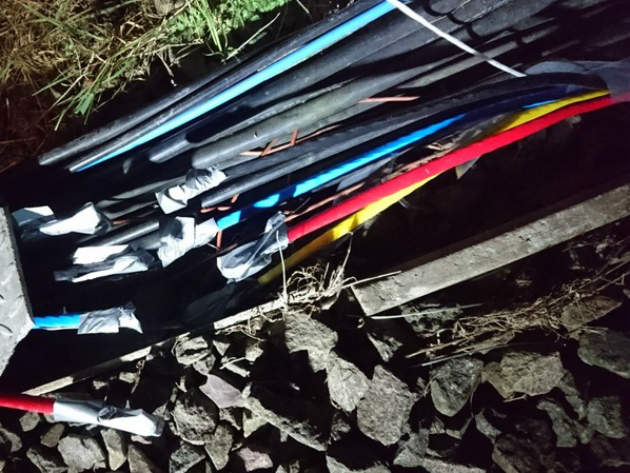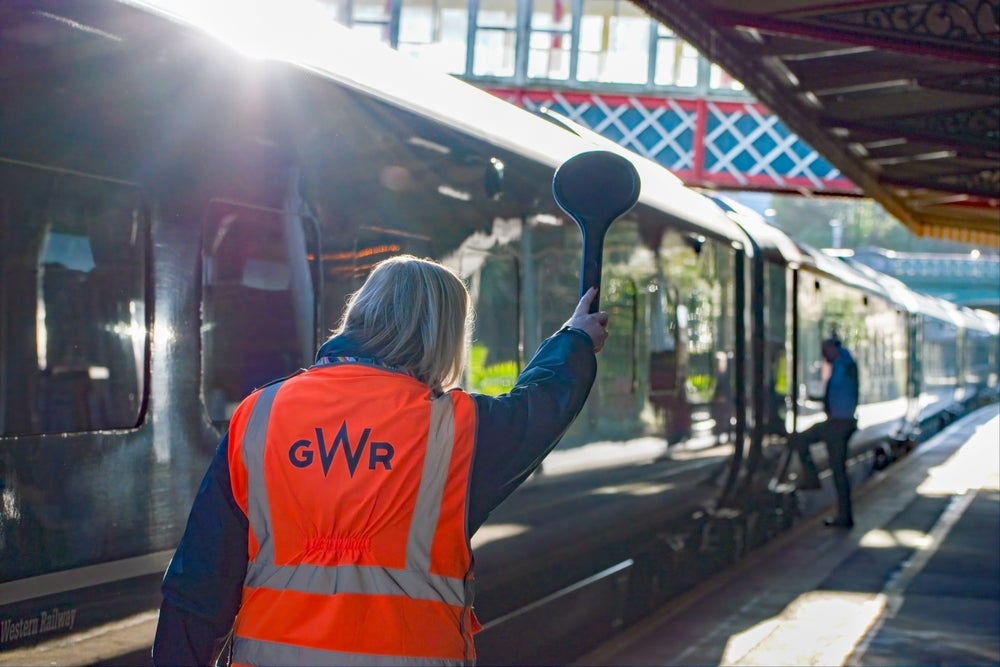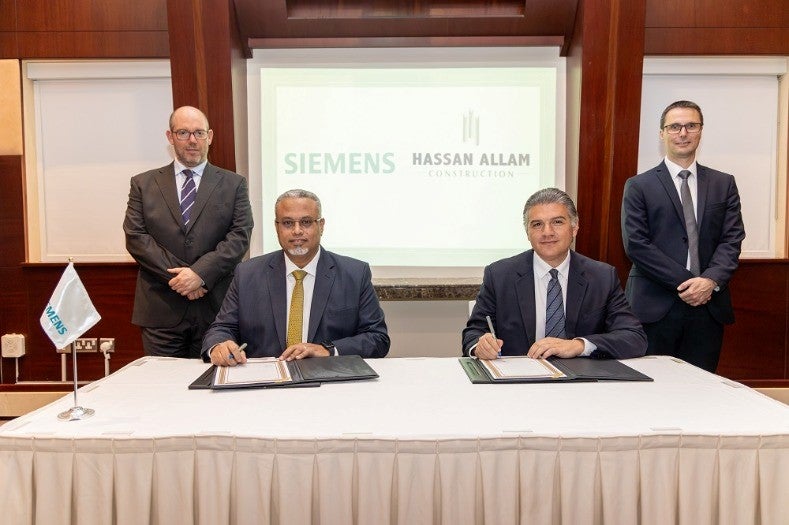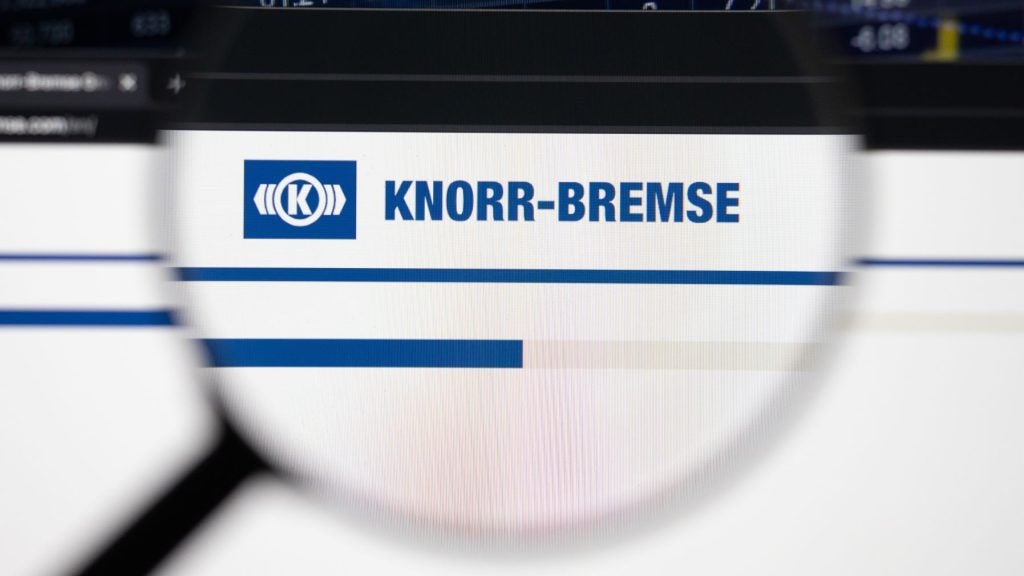
Cable theft crime has plagued transport networks around the world for years, with millions of pounds in losses each year.
In the UK, the Scrap Metal Dealer’s Act introduced in October 2013 forced scrap dealers to obtain a full licence, carefully record each sale of metal and refrain from making cash payments in exchange for scrap metal. This, combined with plummeting prices for copper at the time, led many to believe that the end was near for cable theft crime.
However, analysis from VPS Site Security of British Transport Police (BTP) data between 2016 and 2017 shows that cable theft is still occurring five times a week, causing 23,670 minutes of delays to passengers. Although the total figure is only half of that from the previous year, cable theft continues to cause network delays of over an hour a day.
“Copper prices have started to rise, and so quid pro quo, you could expect that there will be a rise in copper theft and cable theft in particular,” says head of sales for VPS Site Security James Spencer.
“There are massive electrification projects going on across the country at the moment, and the opportunities for cable theft are probably increasing.”
Flagship rail projects prove attractive targets
A look at cable theft crime incidents over the past few years shows that this is far from solved, at great cost to both operators and the wider public.
How well do you really know your competitors?
Access the most comprehensive Company Profiles on the market, powered by GlobalData. Save hours of research. Gain competitive edge.

Thank you!
Your download email will arrive shortly
Not ready to buy yet? Download a free sample
We are confident about the unique quality of our Company Profiles. However, we want you to make the most beneficial decision for your business, so we offer a free sample that you can download by submitting the below form
By GlobalDataLast year, two men were sentenced for stealing almost 8.5t of cable in three months, which was then sold on for a total of £17,110. A similar case at the start of this year saw a man jailed for using an axe to chop the cable from live lines, for a profit of £1,000. His actions resulted in 3,267 minutes of delays to trains in the East Midlands area, and cost Network Rail over £164,500.
Back in 2013, a gang of six men were found guilty of more than 35 thefts across Lincolnshire, Leicestershire, Nottingham and Yorkshire, targeting three major rail improvement projects being delivered by Network Rail and selling the metal for £1m afterwards.
These and other criminals are putting themselves at great risk of injury and even death when trespassing railways and coming in contact with live wires.
“It would appear that some people consider the risk worth taking because of the value they get from it,” Spencer says. “But there is a significant difference in terms of value. While they may only get a few pounds, or a few hundred pounds, the cost to the railway industry and to commuters is phenomenal. You’re talking easily six figure sums and most often seven figure sums.
“If you think about having a journey delayed for a few hours, having to stop trains going on the affected track, the cost to the public and the railway operators is in the hundreds of thousands, if not the millions. So for the sake of few hundred pounds of cable, the difference in the value from what a theft gains to what the cost is huge,” he adds.
Now, the price of copper has increased by more than 50% in little more than year, according to the London Metal Exchange. In the last four months alone, the value rose by 25% to $6,800/t (£5,029) on 29 August. This raises fears that copper thieves will be incentivised to strike again.
“The rise in copper value and also the fact that there is a committed government infrastructure strategy of over £500bn, with major flagship projects such as HS2 coming online,” says Spencer. “These projects are so vast and dynamic in nature and the typical metal theft criminal is quite opportunistic.
“The challenge in providing a cost-effective security solution is that much trickier when you are looking at these big projects.”
Phasing out copper as a long-term solution
Part of the difficulty in eradicating cable theft is the vast expanse of the network, with long stretches of railways going more or less unsupervised. Despite this, there is an array of means to fight the crime, including technological solutions that are increasingly being used by the railway operators, Spencer says.
VPS Site Security is preparing to launch a new system targeted specifically at the hundreds of miles of tracks that are not practical to protect from a cost perspective. Its new detection-activated cameras start recording video footage as soon as the equipment identifies an intrusion.
“One of the benefits of it is that it’s very lightweight,” he says. “Typically a CCTV tower can weigh between 250kg and 350kg, whereas our new products weights about 35kg and so it’s much more agile for us to move it around on sites.” The company currently monitors around 20 different sites on railway tracks, mainly higher risk compound areas where electrification projects are taking place.
But despite heightened security, fluctuations in the price of copper are the biggest factor in the rise and fall of cable theft. Following the introduction of the Scrap Metal Dealer’s Act, BTP registered a fall of 80% in both the number of incidents and the delays associated with them.
Now, Network Rail announced plans to launch a scheme replacing copper cables with aluminium ones, which are considered to be less attractive to thieves than copper conductors. Mainly driven by cost considerations, the infrastructure manager moved from three-core signalling power cables to two-core ones, reducing the amount of cabling, and copper, by a third.
According to a press release from July this year, engineers are now working on a range of ways in which the martial can be replaced, and is anticipated that, over time, this will lead to a reduction in the disruption caused by cable theft.







